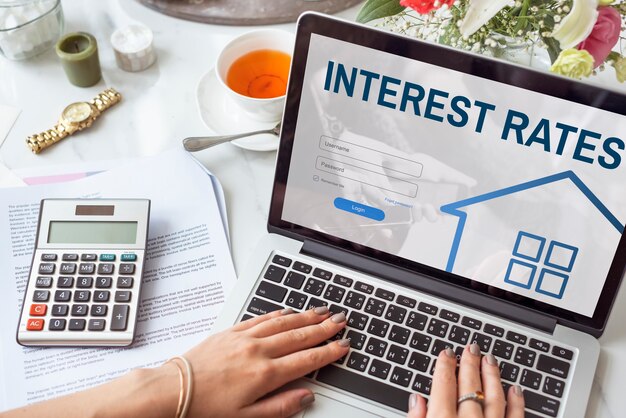
Most homeowners typically need to take out a mortgage when buying a house, as it’s quite rare for someone to buy a home outright with cash. Even saving enough for a down payment can be a tough challenge. As a result, it’s not uncommon for people to buy a house with a minimal initial investment. However, lenders usually require certain protections when little money is initially put down, and that’s where private mortgage insurance (PMI) comes in.
**What is Private Mortgage Insurance (PMI)?**
When you buy a home, you generally put down part of the cost upfront and then pay off the rest in regular, set installments. If your down payment is less than 20% of the home’s price, the lender often requires you to get an insurance policy to protect them in case you can’t keep up with the payments. This is known as private mortgage insurance.
**How Private Mortgage Insurance Works**
Even though everyone plans to make their mortgage payments on time, unexpected events like losing your job or having a medical emergency can make it difficult to stay current on your payments. Consistently missing payments can lead to defaulting on the loan. In these scenarios, having a private mortgage insurance policy helps protect the lender.
**Protecting the Lender**
When giving out a home loan, lenders usually ask for a down payment of 20% of the property’s value as a precaution against foreclosure. Foreclosure is costly because it involves real estate agent fees, possible property damage, and legal costs. With 20% equity in a property, homeowners are generally more committed to making their payments. However, lenders know that saving that much for a down payment can be hard, so they sometimes offer loans with down payments as low as 3 to 5%. In these cases, they often require you to get private mortgage insurance.
**Benefits for Both Borrower and Lender**
Private mortgage insurance benefits both parties. While it provides a safety net for the lender, it also allows the borrower to start owning a home even with a smaller upfront payment. This insurance helps homebuyers become homeowners sooner without needing a large down payment. Without private mortgage insurance, lenders would be less likely to approve high-risk loans.
**Building Equity**
As you keep making your mortgage payments on time, your home’s equity will grow. Once your loan balance is less than 80% of the property’s value, you might not need PMI anymore. According to the Homeowner’s Protection Act of 1998, you can cancel your PMI if you have a good payment history and no other mortgages on your property.
**Tax Benefits**
According to IRS Publication 963, U.S. residents can claim a tax deduction for private mortgage insurance payments made to either government agencies or private insurers since the 2010 tax year. It’s a good idea to check with the IRS or your accountant for more details.